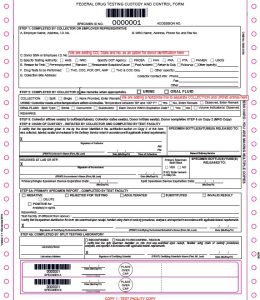In 1996, California set precedent by passing Proposition 215 and becoming the first state to legalize “medical marijuana.” Now, 16 states, plus Washington, D.C., have enacted their own laws legalizing medical marijuana, and the pressure on other states to pass similar legislation appears to be growing.
While there are many controversial topics surrounding medical marijuana laws, one area that is often overlooked is the affect these laws have on employers—specifically with regard to an employer’s ability to discipline or terminate an employee for using medical marijuana.
Marijuana remains a Schedule I drug in the Controlled Substances Act and the federal Drug Enforcement Administration refuses to recognize state medical marijuana laws. Additionally, the Department of Transportation, with its extensive mandatory drug testing program of private employees, has explicitly stated that medical marijuana is not a valid explanation for a positive employee drug test result. While these positions clearly illuminate the federal government’s position on medical marijuana, employers conducting non-federally regulated drug testing may not be able to simply rely on the federal government’s position to protect them in lawsuits brought by former employees under state law. In fact, there are states that have passed legislation explicitly limiting an employer’s ability to take adverse action against an employee for using medical marijuana.
There is good news for employers, though. The emerging trend among medical marijuana states appears to favor employers taking disciplinary action against employees, even when that employee is using marijuana pursuant to a state medical marijuana law. Case law continues to develop, but several courts have already found that medical marijuana users are only protected from state action and not adverse employment action.
The most important thing for employers is to know what state laws apply to them. Employers can not assume that because the federal government does not recognize legal uses for marijuana they are protected if they take adverse employment action against a medical marijuana user testing positive for a workplace drug test.
States with medical marijuana laws include: Arkansas, Arizona, California, Delaware, Hawaii, Maine, Michigan, Montana, Nevada, New Jersey, New Mexico, Oregon, Rhode Island, Vermont, and Washington. Employers with employees in these states should consult an attorney to find out how these laws may affect their ability to address, discipline, or even terminate employees who use medical marijuana.
For more information about drug testing, visit our website.
This information is being provided for informational purposes only. It is not intended to be, and does not constitute, legal advice or opinion. If you have questions regarding the information provided, please consult your attorney.





















4 comments on “Medical marijuana statutes and employers”